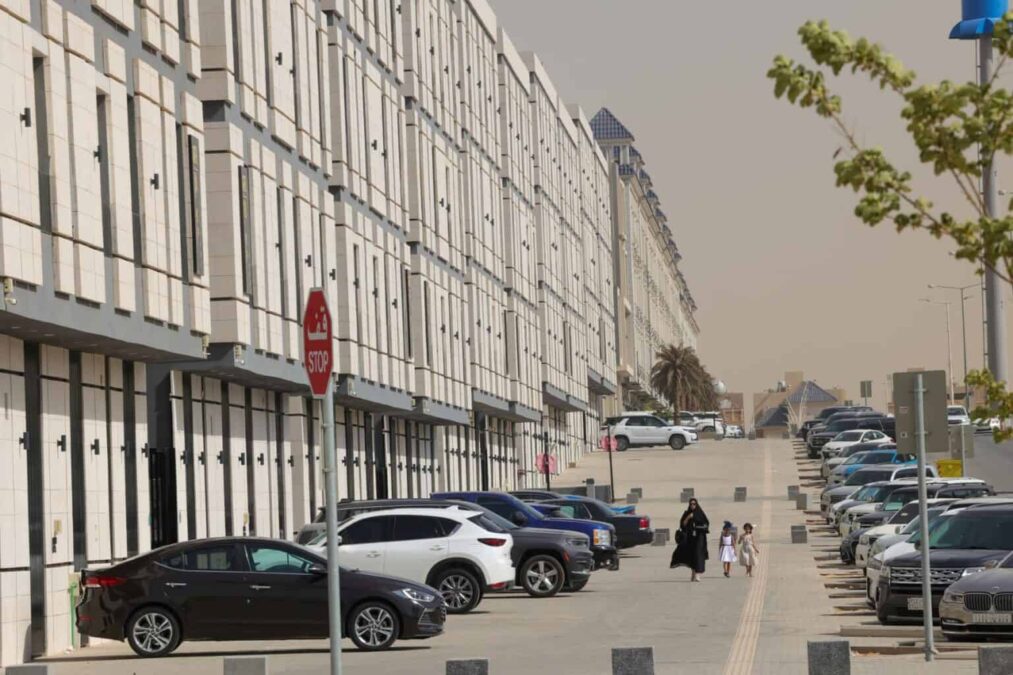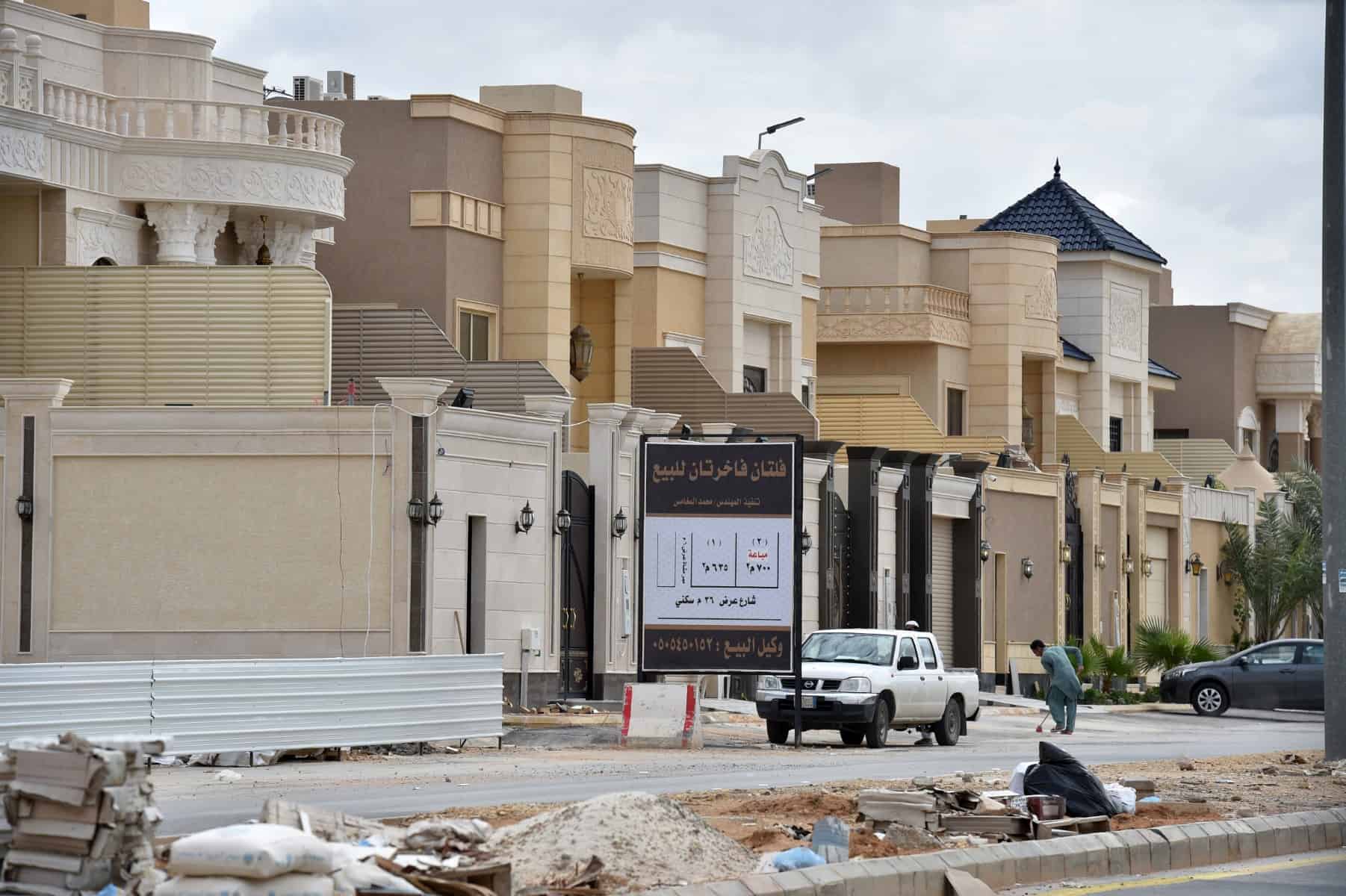Riyadh, Saudi Arbia – Saudi Arabia’s housing sector is experiencing a radical makeover, a longstanding challenge for the government prior to the initiation of Vision 2030, which marked the beginning of citizens’ journeys towards owning homes.
Prior to the announcement of this vision in 2016, Saudi families had to wait approximately 15 years for housing support, putting a significant burden on the government to implement a major transformation process to build a vibrant society that would serve as the foundation for a prosperous economy and an ambitious nation.
As part of its efforts to increase the availability of housing products at reasonable prices and join the ranks of countries with a clear national housing strategy and a specific goal for homeownership, the Kingdom launched the “Housing Program” in 2018.
What has it accomplished so far?
The Kingdom’s goal in launching the housing program was to increase Saudi family ownership from 47% in 2016 to 57%. However, its efforts and plans achieved this goal in record time and even exceeded it, prompting it to announce raising the percentage to 70% by 2030.
The program, which implements over 15 development initiatives and programs, successfully increased Saudi families’ homeownership rate to more than 60% by 2023.
It also accomplished over 165,000 housing units and plans to provide 365,000 housing units over the next few years, with 95,000 units going to the most vulnerable families by 2025.
According to Majid Al-Hogail, Chairman of the Housing Program Committee and Minister of Municipal and Rural Affairs and Housing, the most notable achievement is reducing the waiting period for families to obtain housing support from 15 years to immediate entitlement, announced in November last year.

Al-Hogail stated that the program also helped to increase the real estate sector’s contribution to the GDP by approximately US $31.7 billion, making it the second-largest non-oil sector.
To support its goal of providing real estate supply, the Kingdom established the National Housing Company (NHC) in 2016. The NHC serves as the investment arm for the Ministry of Municipal Affairs’ real estate, residential, and commercial initiatives and programs.
It has also launched several programs and platforms, including the “Sakani” program, which provides housing and financing solutions that meet citizens’ needs by offering various options, increasing market supply, simplifying regulatory regulations, expanding access to financing, and regulating the real estate market.
More than a million families have benefited from the program since its inception in 2018. Its mission extends beyond simply providing housing to contribute to the development and growth of new residential communities throughout the Kingdom.
Moreover, the Kingdom launched the “Mollak” platform to regulate the relationship between owners and occupants of jointly owned real estate properties. Since its inception until the end of last year, it recorded over a million transactions and services to help preserve rights and beneficial use while promoting coexistence.
The “Jood Housing” platform was also launched for the most vulnerable families, and over 8,000 families have benefited thus far. Last March, Saudi King Salman bin Abdulaziz and his Crown Prince, Prince Mohammed bin Salman, gave the platform’s campaign US $40 million.
Additionally, to simplify the process of renting real estate in the Kingdom, the authorities established the “Ejar” electronic network. This network provides a safe and convenient way to conclude rental contracts electronically using a unified contract approved by the Ministry of Justice. Over 5 million contracts have been documented through it.
What does the Kingdom need?
In a report last year, PWC Middle East highlighted Saudi Arabia’s progress in transforming the housing sector, emphasizing that the real estate sector is regarded as one of the Kingdom’s most important economic drivers.
According to the consulting firm, the next phase of the housing program will focus on the most vulnerable segments of society and increase the percentage of private sector participation, explaining that the private sector’s contribution is critical to the sector’s stability and sustainability under changing economic conditions.
The firm also stated that the Kingdom will need to build approximately 1.2 million new homes over the next decade, bringing the total number of housing units to 4.96 million by 2030.
It also expects that the demand for housing is expected to rise to 153,000 homes per year by that time.








